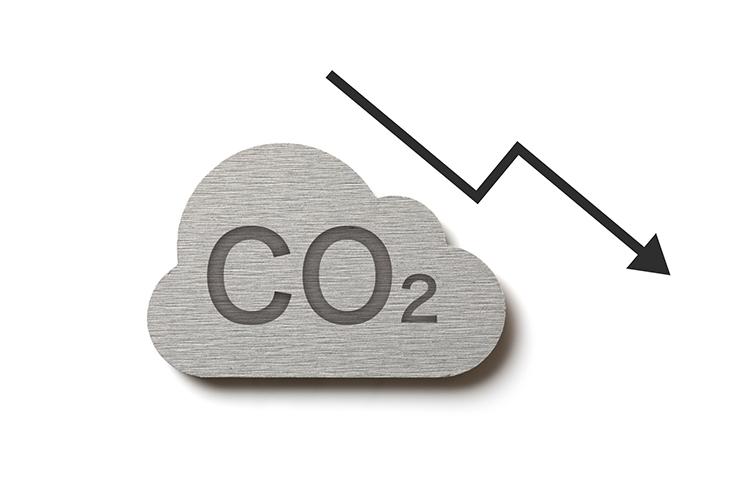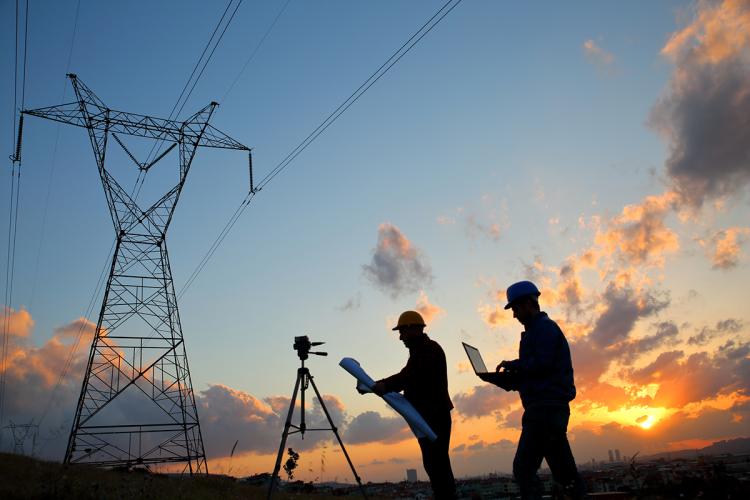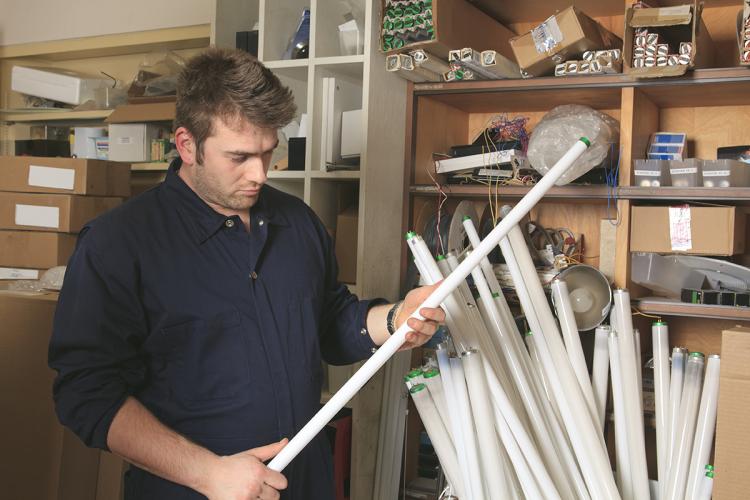October Utility Blog: Building Decarbonization Programs & Ordinances
October Utility Blog: Building Decarbonization Programs & Ordinances
What will be the next phase in the utility program incentive structure over the next few years? Surprisingly, it has already started in the usual progressive parts of the country and on the coasts with the building of decarbonization programs. These programs started in major cities and will likely grow to become statewide initiatives. As with most building codes, cities can stretch codes one step further in their requirements and enforcement, but they still need to meet state level requirements. Coastal cities are bearing the brunt of sea level changes and weather challenges, so they are taking the lead by addressing the largest contributor to energy usage and associated pollution, buildings.
Cities are taking a page out of the utility playbook and are encouraging energy efficiency and sustainability upgrades by tying incentives to them. These actions will only be impactful if they meet reduction goals by the set commitment dates. Depending on how the local city and state regulatory body formulates the program structure, this likely will complement the existing utility incentive program. Those familiar with the intent and delivery of incentive and rebate programs might be thinking, “Wouldn’t this be double dipping?” The answer is that it on the territory because some states allow the additional investment of a grant or ISO/RTO program funding to be additive to the utility incentive.
The bottom line is that there may be an additional funding source (non-traditional) for energy efficiency project managers to monitor, which may open avenues for non-traditional incentives like water incentives. Sensor monitoring and control for non-heated water has not typically been a part of the utility incentive structure, but sensors and controls may now be included. This is a new market program with different drivers, so there will likely be a difference in the program rules because of a difference in the program goals. The cities that are currently involved with these programs include: Boston, Denver, Seattle, Chicago and several California cities. We will be monitoring these programs and evaluating any opportunities by working within these programs.








